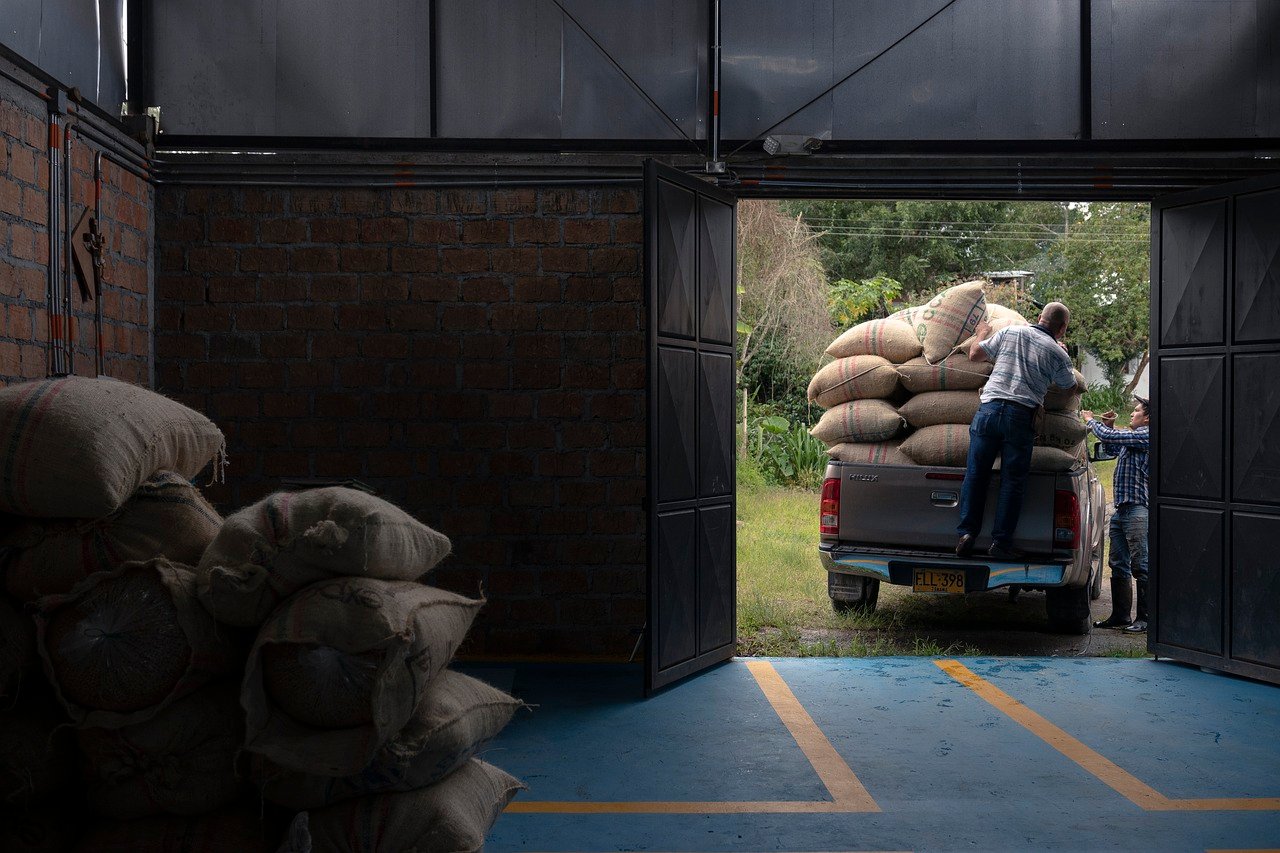The Rising Importance of Sustainable Practices in Coffee Trade

The Rising Importance of Sustainable Practices in Coffee Trade
Understanding Coffee Sustainability
Sustainable practices in the coffee trade encompass environmental, social, and economic dimensions. They are essential for ensuring that coffee can be produced and enjoyed for generations. With an increasing consumer focus on sustainability, coffee brands are recognizing that their sourcing methods can influence not only market viability but also the health of coffee-growing ecosystems.
Environmental Impact
The coffee industry is notorious for its environmental footprint. Traditional coffee farming methods often lead to deforestation, soil degradation, and loss of biodiversity. Sustainable practices, such as shade-grown coffee and organic farming, promote biodiversity and healthier ecosystems. Shade-grown coffee is cultivated under a canopy of trees, which not only provides habitat for wildlife but also helps maintain soil health and prevents erosion.
Social Responsibility
Coffee is often grown in developing countries where economic disparities are pronounced. Sustainable coffee trade practices emphasize fair wages, good working conditions, and community development. Organizations like Fair Trade and Rainforest Alliance set standards that ensure farmers receive fair compensation and that their communities benefit from coffee production. By prioritizing social sustainability, coffee brands can improve the livelihoods of farmers, which in turn can enhance the quality of the coffee they produce.
Economic Viability
Economic sustainability involves creating a balanced business model that benefits all stakeholders. Coffee brands and roasters are increasingly adopting direct trade practices, eliminating intermediaries to ensure farmers receive a larger share of the profit. This not only promotes fair compensation but also encourages farmers to invest in their farms and adopt sustainable practices.
Consumer Demand and Awareness
With consumers becoming more environmentally and socially conscious, the demand for sustainably sourced coffee is escalating. A 2022 survey indicated that nearly 70% of consumers preferred brands committing to ethical sourcing. Consequently, coffee companies are investing in sustainable certifications like Fair Trade, USDA Organic, and Rainforest Alliance. These certifications serve as a signal to consumers about a brand’s commitment to responsible practices.
Innovations in Sustainable Coffee Farming
Recent innovations in sustainable coffee farming are helping to mitigate environmental impacts. Techniques such as agroforestry, drip irrigation, and intercropping are becoming commonplace. Agroforestry, for instance, integrates coffee plants with other crops or trees, which can lead to better disease resistance, reduce chemical dependency, and enhance soil health.
Additionally, precision agriculture leverages technology to optimize water and resource use, reducing waste and increasing yields. Drones and data analysis are now being used to monitor crop health and soil conditions, enabling farmers to make informed decisions.
Climate Change Adaptation
Climate change poses a significant challenge to coffee sustainability. Increased temperatures and changing rainfall patterns threaten ideal coffee-growing conditions. Sustainable practices such as cultivating resilient coffee varieties and employing agroecological methods are crucial for adapting to these changes. Research into hybrid and disease-resistant coffee plants can lead to more robust crops that not only survive but thrive in changing climates.
Role of the Coffee Supply Chain
The entire coffee supply chain must be engaged in sustainable practices. From farmers to retailers, every link has a responsibility to promote sustainability. Coffee cooperatives are playing a significant role by educating farmers about sustainable practices and establishing databases to track coffee origin and sustainability credentials. Furthermore, technology such as blockchain can enhance transparency in the coffee supply chain, helping consumers make informed choices.
Barriers to Sustainable Practices
Despite the rising importance of sustainability, barriers still exist. Smaller farmers may struggle with the initial costs of transitioning to sustainable practices. Access to education, resources, and financing is critical in overcoming these challenges. Additionally, the market for sustainably produced coffee can be competitive, often requiring significant marketing efforts to distinguish brands.
Global Perspectives on Sustainability
Sustainable coffee practices vary across regions, driven by local cultural, environmental, and economic factors. In Colombia and Ethiopia, traditional farming techniques—like intercropping and organic fertilizer usage—are common. Meanwhile, in Brazil, large-scale farming practices are gradually incorporating more sustainable methods to reduce environmental impacts.
Certifications and Consumer Choices
Consumers increasingly evaluate coffee products based on sustainability certifications. Brands that prioritize ethical sourcing are not only more appealing but are also seen as leaders in corporate responsibility. By effectively communicating their sustainable practices, coffee brands can cultivate loyalty and trust among their consumer base.
Future Trends in Coffee Sustainability
As the coffee industry evolves, numerous trends will shape the landscape of sustainable practices. Increased adoption of circular economy principles is expected, emphasizing the reuse and recycling of coffee byproducts. Additionally, consumer transparency will remain critical, with brands needing to communicate their sustainability efforts clearly and effectively.
New partnerships between NGOs, government agencies, and private sectors are likely to form, fostering holistic approaches to sustainability in coffee trade. As awareness grows, investment in research and development will also increase, aiming to create innovative solutions to complex challenges related to coffee sustainability.
By focusing on sustainable practices, the coffee industry can create a more equitable and responsible sector, benefitting farmers and consumers alike while protecting the planet for future generations.









